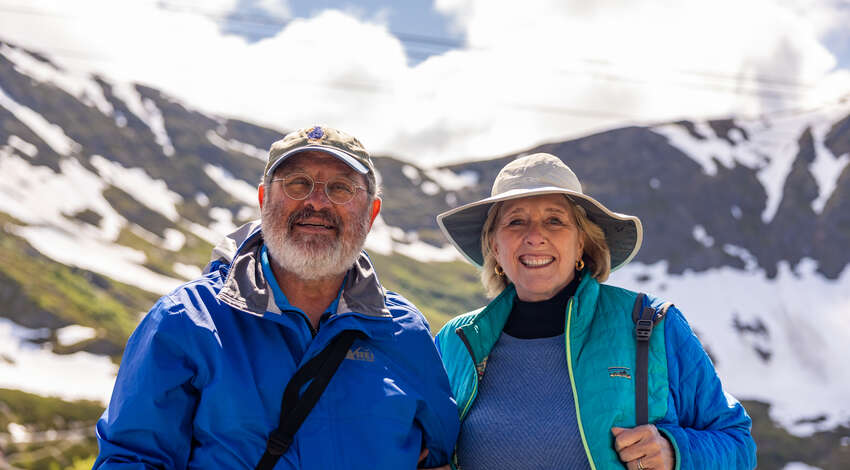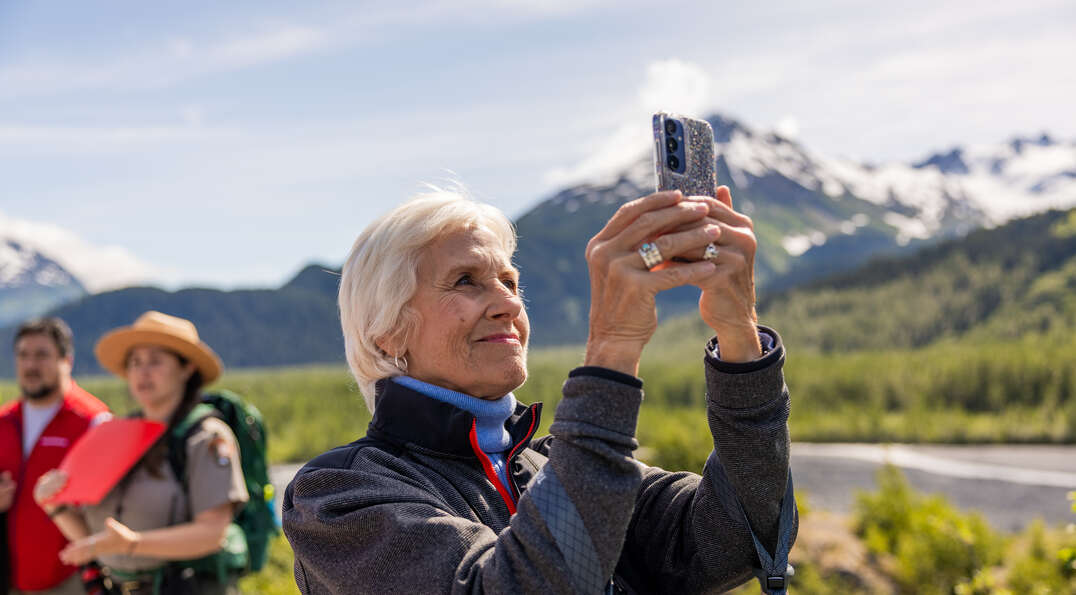Why Slow Travel Retirement Is a Growing Trend Among Retirees
- Slow Travel Defined: Immersive, extended stays in fewer places, focusing on local life & deeper cultural connection, not rushing.
- Retiree Benefits: Reduces stress/strain, offers health advantages, more economical, and provides great flexibility.
- Ideal Destinations: Portugal, Italian towns, Mexican colonial cities, and various US locations.
- Getting Started: Choose interest-based spots, utilize rentals, build local ties, and gently expand comfort zones.
- Core Philosophy: Prioritizes meaningful experiences & deeper exploration over quick sightseeing.

Retirement opens the door to a world of possibilities, and for many lifelong learners, that door leads to travel. Cast aside rushing through packed itineraries and checking destinations off a list. There's a better way to explore the world. Slow travel retirement has emerged as the perfect approach for adults who want to truly experience destinations rather than simply visit them. What if slow travel is the secret ingredient your retirement adventures have been waiting for?
It's the art of taking your time to truly absorb a destination. Instead of cramming multiple countries into a two-week vacation, slow travel focuses on spending extended periods in fewer places. You might rent an apartment in Tuscany for a month, explore a single region of France for three weeks, or take a leisurely journey through New England's countryside over several weeks.
Slow travel is all about quality, not quantity. You're not racing from monument to monument or trying to see everything in guidebooks. Instead, you're settling into the rhythm of local life, shopping at neighborhood markets, befriending café owners and discovering hidden gems that only reveal themselves to those who take the time to look.
This approach transforms you from a tourist into someone who actually immerses themselves in a new culture. You gain insight into how locals truly live, pick up on cultural nuances that many travelers miss and form a deeper connection with the places you visit.

The Benefits of Slow Travel for Retirees
Senior slow travel offers some fantastic benefits that are ideal for retirement. The biggest one? It removes all that stress and physical strain of always being on the go, moving between different locations. No more dragging suitcases through airports every few days or struggling to orient yourself in a new city each morning.
The health benefits are significant too. Slow travel allows your body to adjust to new time zones gradually, reduces travel fatigue and gives you time to maintain healthy routines. You can find local gyms, establish walking routes and even continue medical care if needed during extended stays.
Financially, slow traveling often proves more economical than traditional tourism. Monthly apartment rentals cost less per night than hotels, cooking some meals at home saves money and you avoid constant transportation costs between destinations. This makes budget slow travel in retirement not just possible but practical.
If you're loving a place, you can choose to extend your visit. If the weather's bad, no problem. You can comfortably wait it out. That kind of flexibility takes away all the pressure and lets your adventure unfold naturally.
Top Slow Travel Destinations for Retirees
Certain destinations lend themselves beautifully to the slow travel approach, offering the infrastructure, safety and cultural richness that make extended stays rewarding.
Portugal consistently ranks among the best slow travel destinations for its affordability, excellent healthcare system and welcoming attitude toward foreigners. The country's compact size allows for thorough exploration without the need for constant relocation, and its mild climate makes year-round visits comfortable.
Italy's smaller towns and regions offer incredible opportunities for slow travelers. Consider spending a month in Umbria, exploring its medieval hill towns or settling into a Tuscan village to experience the harvest season.
Mexico's colonial cities, such as San Miguel de Allende, have thriving expat communities that welcome slow travelers. The favorable exchange rate makes budget slow travel in retirement very feasible, while the rich cultural heritage provides endless learning opportunities.
For those preferring to stay closer to home, America offers excellent slow travel options. Spend a season in Vermont's countryside, explore the cultural richness of Santa Fe over several months or discover the charm of small Southern towns at a leisurely pace.

How to Start Slow Traveling in Retirement
Embarking on a slow travel journey requires a different mindset than traditional vacation planning. Begin by choosing a destination that genuinely interests you rather than following a "must-see" list.
Vacation rentals, extended-stay facilities and even house-sitting opportunities can provide the home-like comfort that makes slow travel enjoyable. Many platforms specialize in monthly rentals, offering significant savings over nightly rates.
If you have mobility concerns, take a look at our limited mobility tours that can complement your travel experience with accessible group activities. Many destinations offer city tours designed for seniors, providing structured learning opportunities while you explore independently.
Build connections before you arrive. Join online communities for your destination, connect with local interest groups and research easy-going tours that offer structured activities at a comfortable pace.
Consider your comfort zone and gently expand it. Slow travel offers you the chance to try new experiences without pressure. You might take that cooking class you've always wanted to try or finally learn basic phrases in a new language.

Ready to Start Your Slow Travel Adventure?
Slow travel in retirement really changes how we think about exploring and having adventures. It's about going deeper instead of wider, making connections instead of just consuming and having truly meaningful experiences over simply sightseeing.
Whether you're drawn to European villages, Latin American cities or American small towns, this type of travel allows you to craft adventures that match your interests and comfort level. You can explore adventures by activity level to find structured experiences that complement your independent slow travel.
At Road Scholar, we truly understand the power of taking your time and genuinely experiencing a destination. Our educational adventures are designed with the exact same philosophy that makes slow travel so rewarding.
Your retirement years offer you the amazing gift of time, and this approach encourages and allows you to use it thoughtfully. The world's out there, and there's no need to rush.

